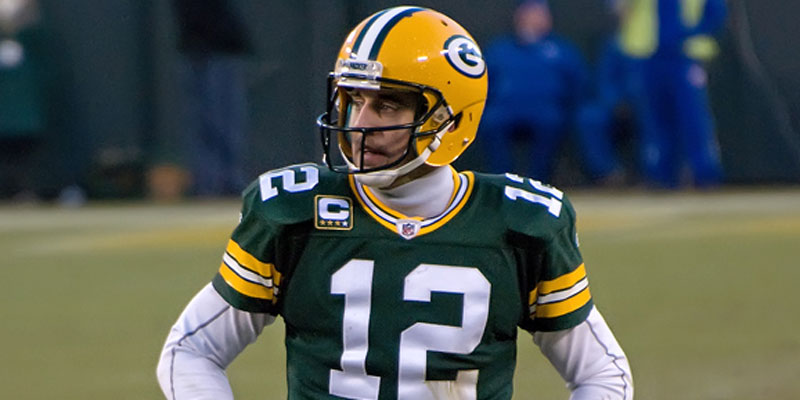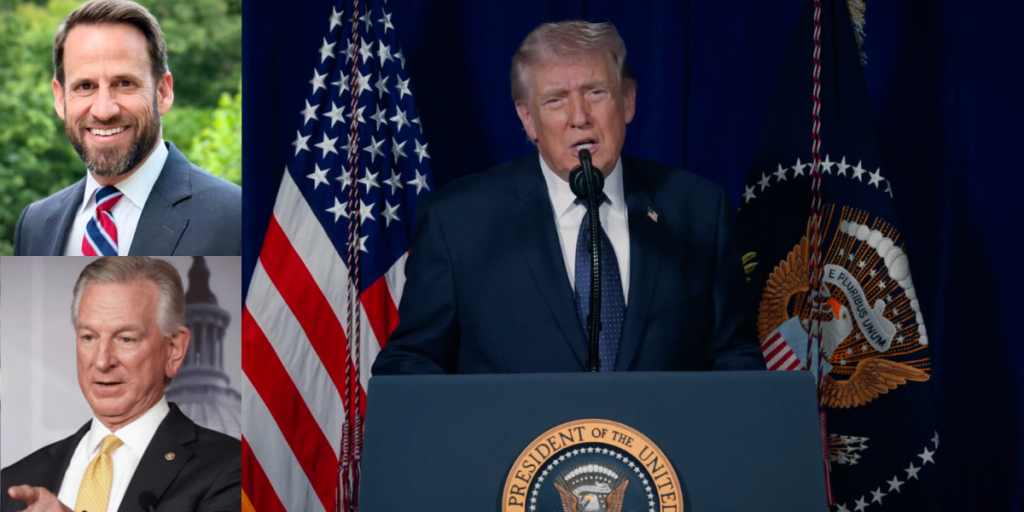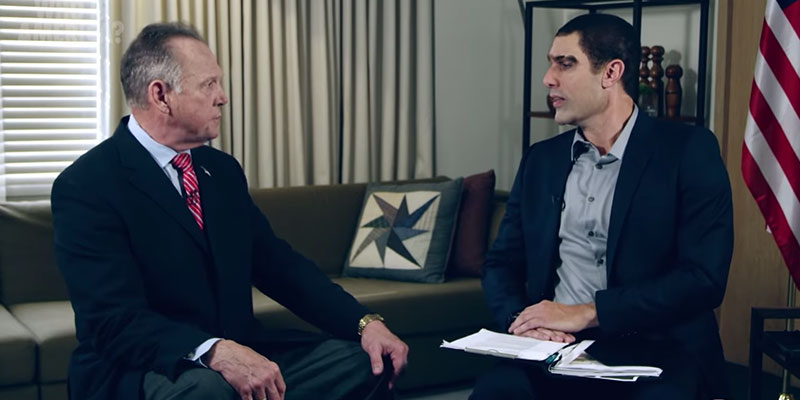The Green Bay Packers’ Aaron Rodgers just signed a contract extension making him the NFL’s highest-paid player. Can economics make sense of athletes’ enormous salaries? And are such salaries justified?
Top athletes now make eight-figure salaries; Mr. Rodgers’ four-year contract extension will pay at least $134 million, including $67 million before the end of this year. Top earners in other sports make even more. Clayton Kershaw of the Los Angeles Dodgers tops baseball at $33 million per season, while the Los Angeles Lakers will pay LeBron James $38 million a year. And Mr. James makes more annually in endorsements than salary. Boxer Floyd Mayweather topped Forbes’ list of top-earning athletes (which includes endorsements) with $285 million in 2018.
To focus on explaining athletes’ compensation, let’s temporarily set aside any notions of fairness. Economists use demand and supply to explain prices and salaries. Teams demand athletes’ services. The NFL generates about $10 billion in annual revenue, funding a 2018 salary cap of $177 million per team. Quarterbacks get the largest slice of this pie.
Many quarterbacks would happily work for a fraction of the $33 million per season Green Bay will pay Mr. Rodgers. And yet the Packers and their fans do not necessarily want a less expensive quarterback. Rodgers possesses an amazing combination of physical skills, the intelligence to read defenses, and the capacity to make correct split-second decisions in the face of a pass rush.
Top athletes’ skills cannot be duplicated simply because they are valued by teams. Buyers of unique items must outbid other potential buyers. Prices must get very high to determine the winning bidder for top quarterbacks, beach-front property in Malibu, or famous works of art.
The nature of sports contests boosts demand. Only one quarterback leads the final drive, only one pitcher starts the seventh game of the World Series, and only one player attempts a game-winning shot. And only one team wins the championship each year. Fans can value a season even if their favorite team doesn’t win the title but winning also matters. Having the best quarterback, pitcher, or shooter provides your team a huge advantage. Economist Sherwin Rosen found that the top performers in such “superstars” markets will earn substantially more than the next best players despite typically a small difference in skills.
This explains the why of athletes’ salaries. Fairness depends on values and not just economics. Economics shows that the revenues paying athletes’ salaries come (mostly) from voluntary transactions. Fans choose to buy tickets, TV packages, and team merchandise. Advertising spending, which enables TV networks to pay billions for broadcast rights, may appear less clear. But advertising enables modern commerce, businesses want their ads to reach viewers, and sports attract audiences. Ad revenues ultimately derive from fans’ decisions to watch the contests.
Taxpayer subsidies for stadiums provide the one arguably involuntary revenue source. Letting teams pay less for stadiums or arenas increases the revenue available to pay salaries. Whether an expenditure of taxes approved by politicians is involuntary is a topic for another day.
Still, it seems disturbing that athletes get paid tens of millions of dollars for playing games while police officers and firefighters earn far less doing perform dangerous and arguably more important jobs. And we cannot defend the salaries as necessary to get athletes to play; Aaron Rodgers would likely still suit up even if top quarterbacks made “only” $3 million per year.
The salaries of athletes, firefighters and teachers are not set based on anyone’s assessment of moral worth. The market determines salaries, which ultimately means the spending choices of millions of people like you and me. If we disapprove of some market salaries, we could let the government set earnings, either directly by capping compensation or indirectly through high-income taxes. Yet are the decisions of politicians necessarily fairer than the spending decisions of millions?
I will gladly watch the NFL this season and not be mad at Aaron Rodgers for how much he makes. I will reserve my anger for when he beats the Detroit Lions again.
Daniel Sutter is the Charles G. Koch Professor of Economics with the Manuel H. Johnson Center for Political Economy at Troy University.













